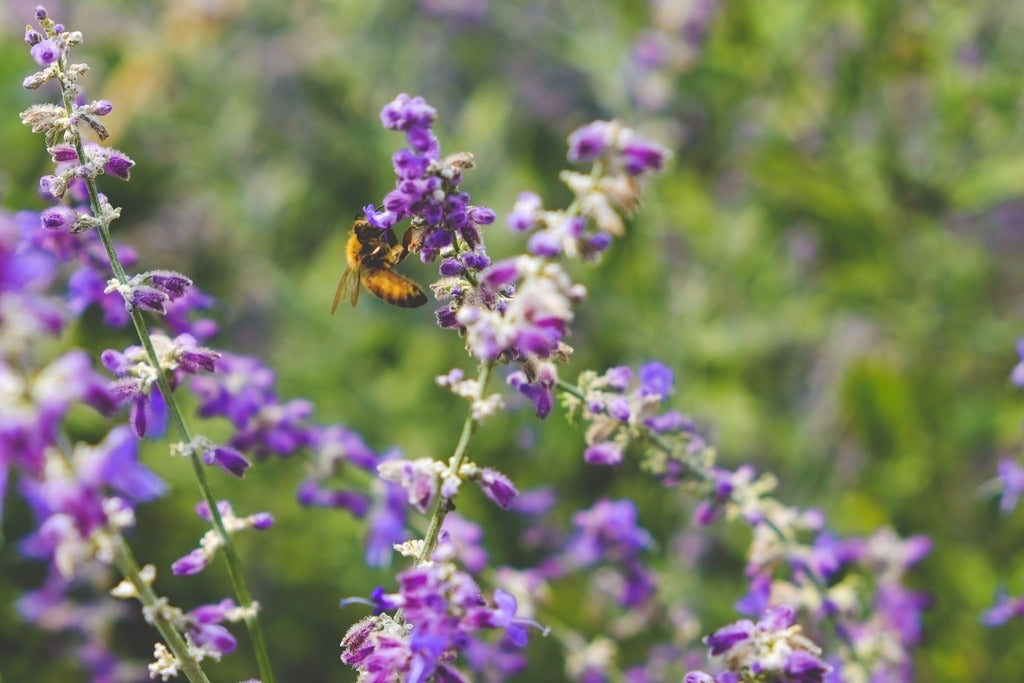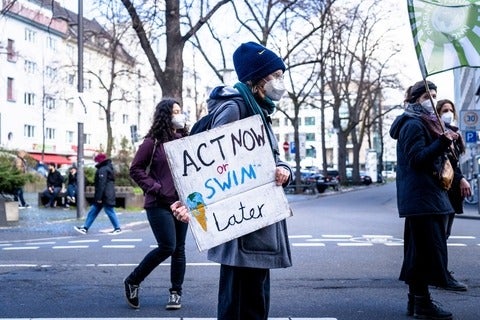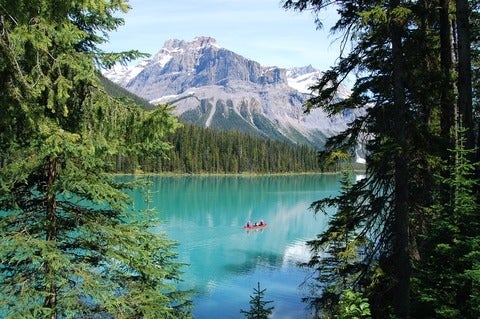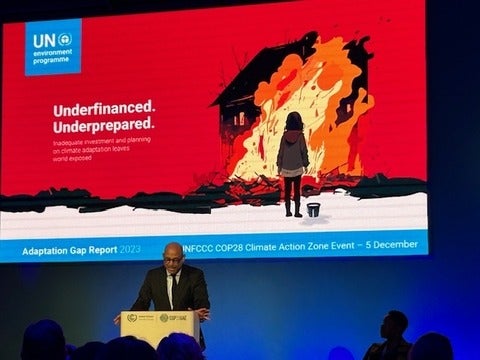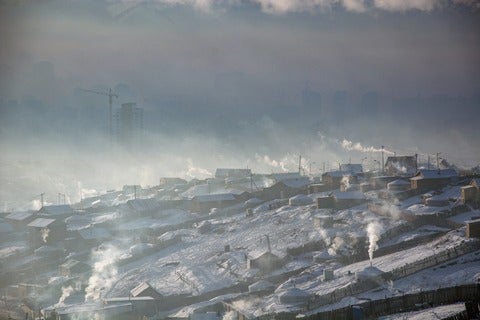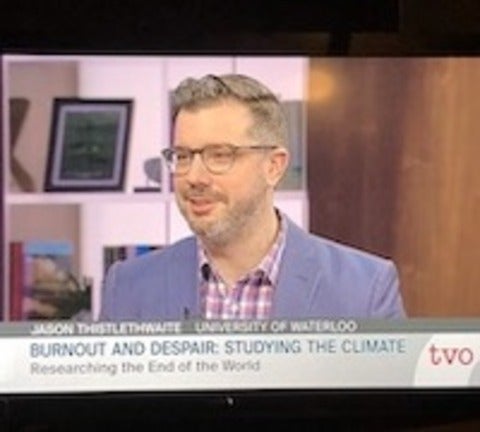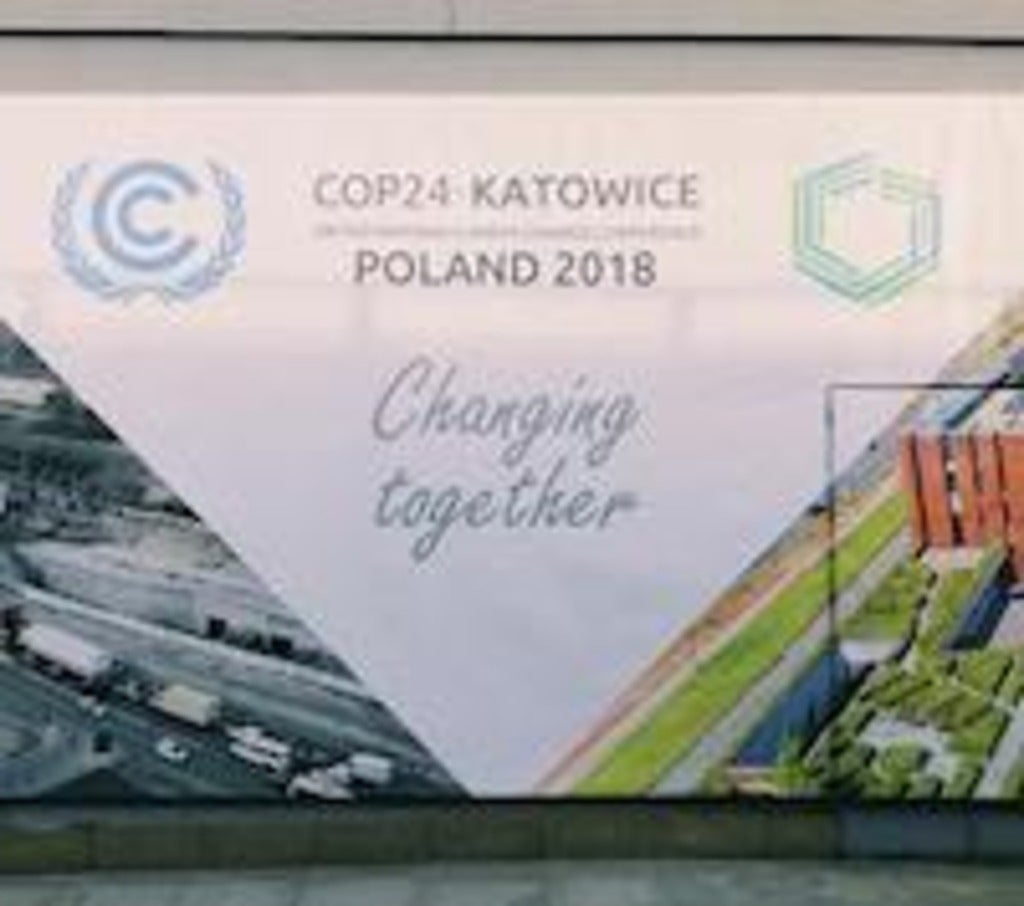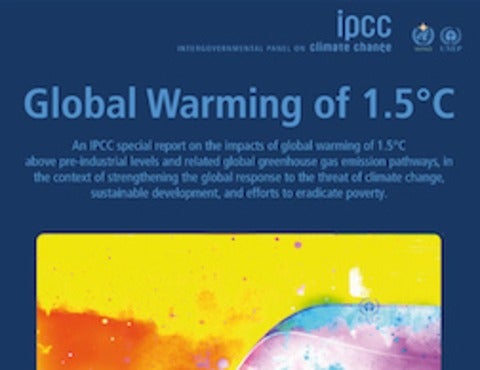Building resilient food systems with biodiversity
Amy Hall, a Masters of Climate Change Student interested in nature-based solutions for climate change problems reflects on her experience attending COP 28 virtually. She explores themes of biodiversity and regenerative agriculture as key efforts needed to progress on global climate action goals.
